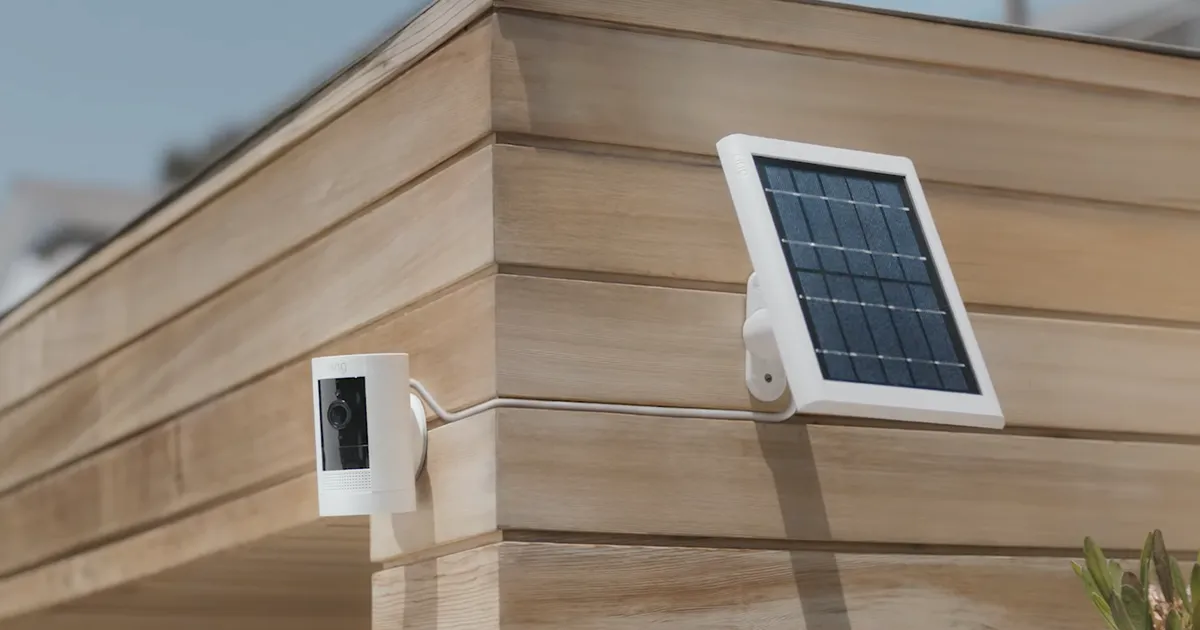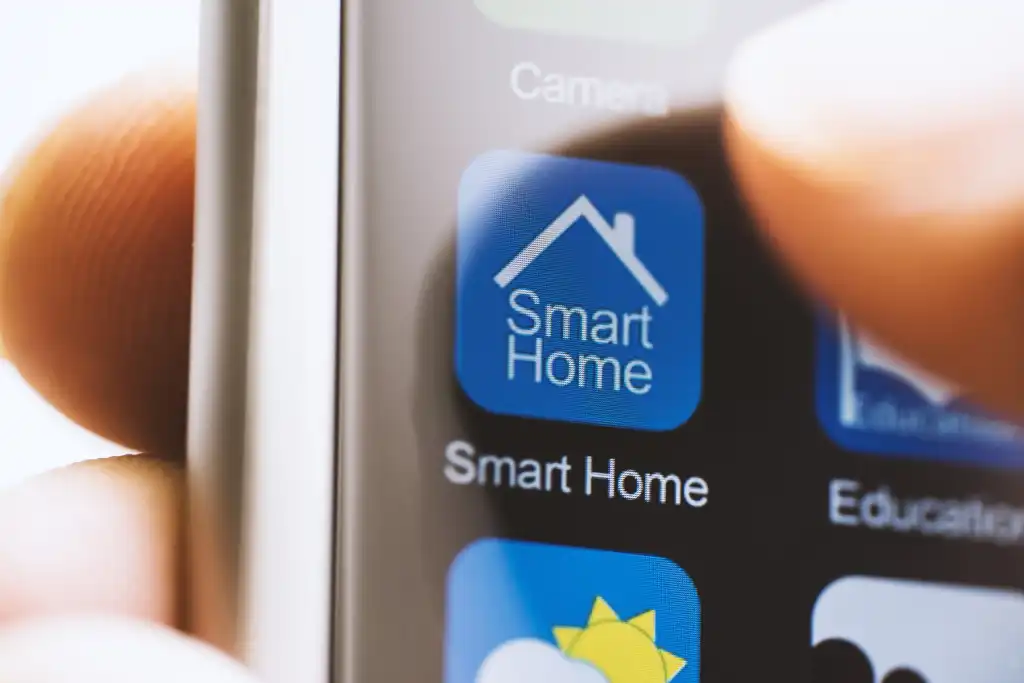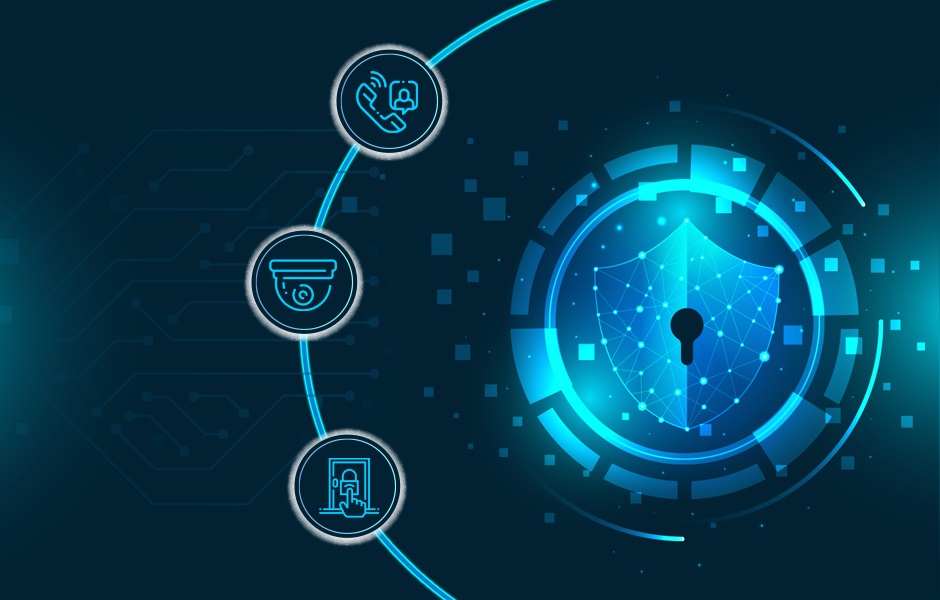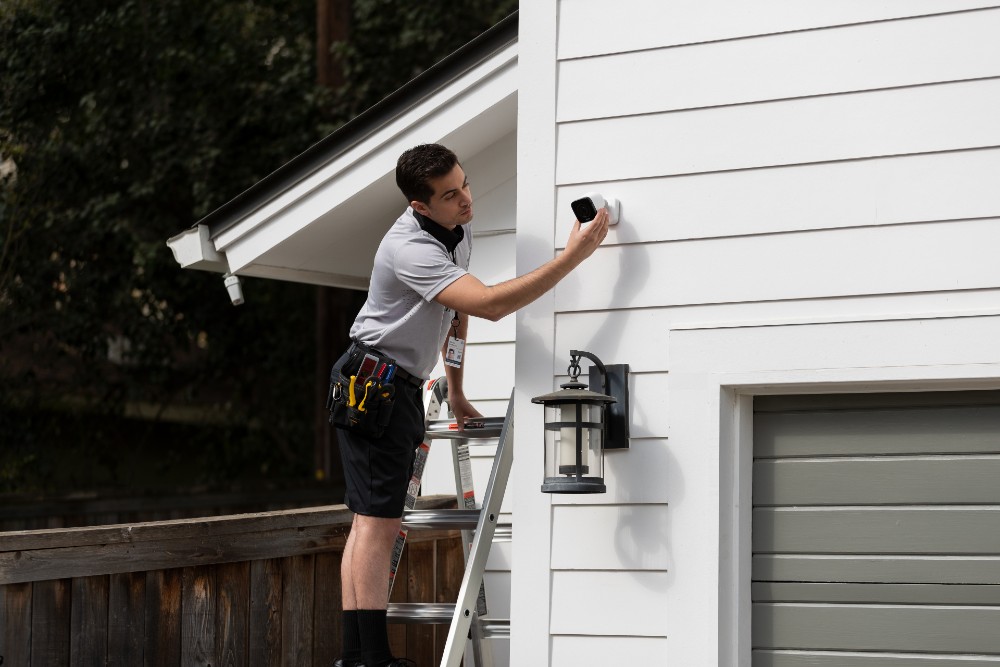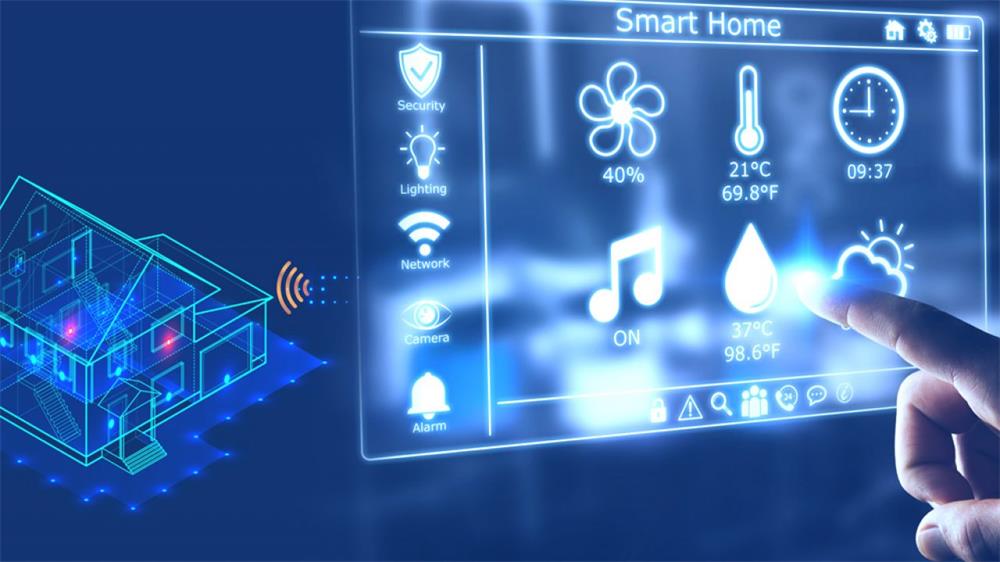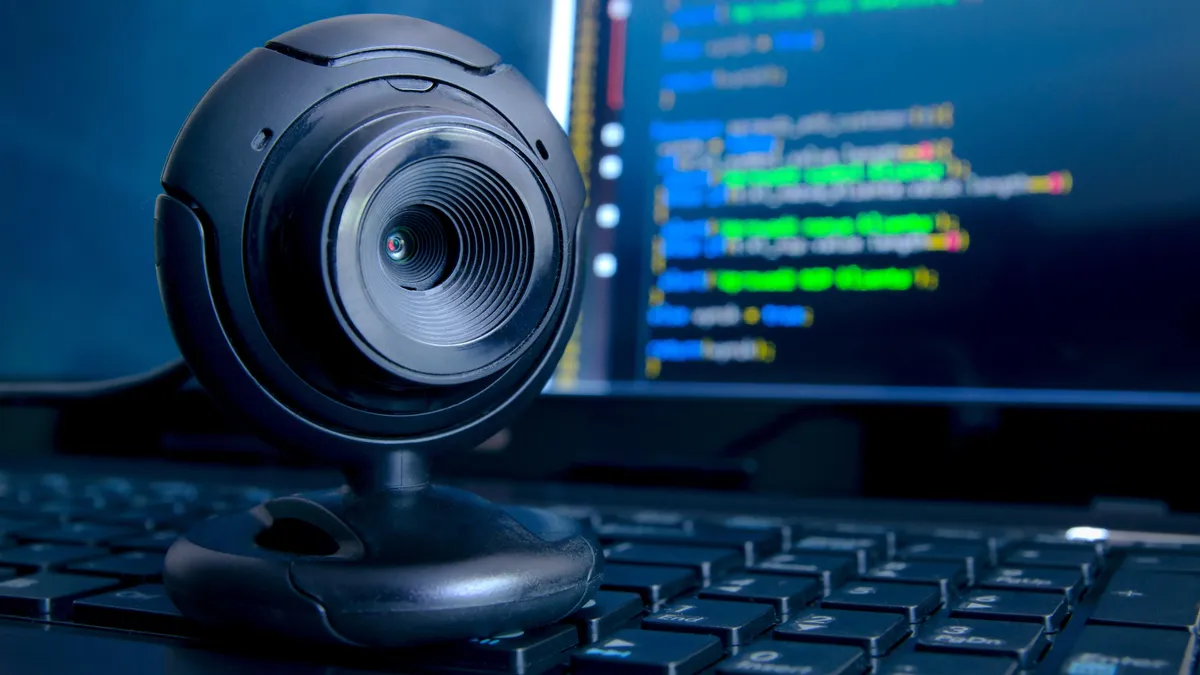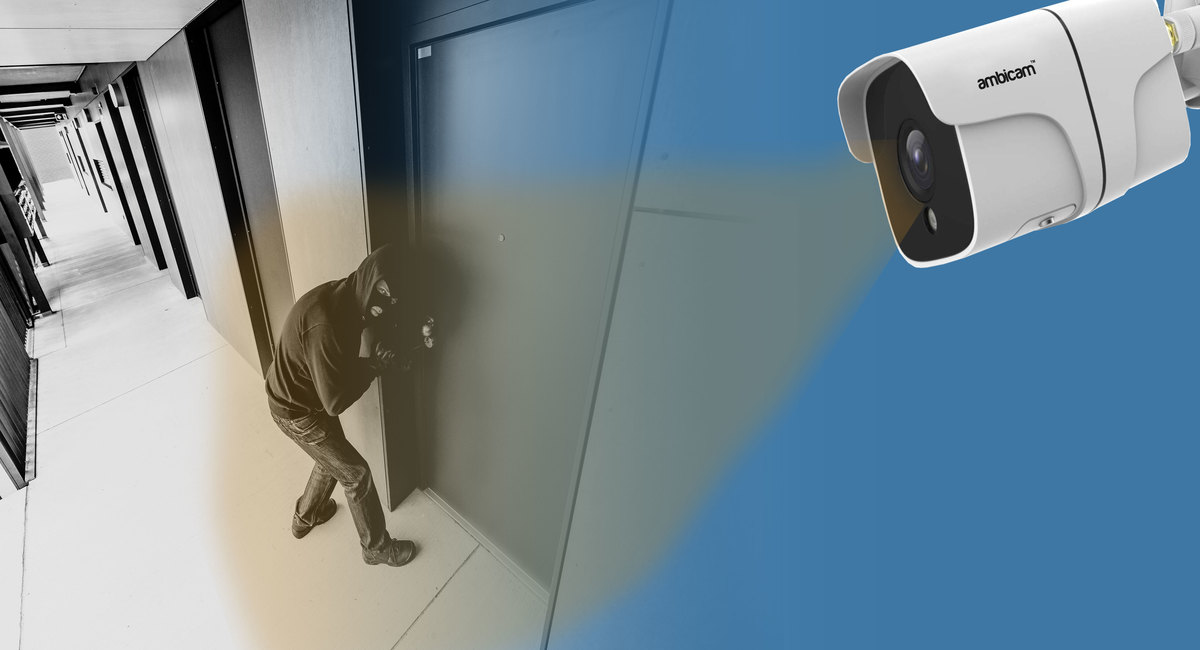Contents
- 0.1 A Brief Overview of Solar-Powered Security Cameras
- 0.2 The Benefits of Using Solar-Powered Security Cameras
- 1 How Solar-Powered Security Cameras Work
- 2 Advantages of Solar-Powered Security Cameras
- 3 Factors to Consider When Choosing Solar-Powered Security Cameras
- 4 Installation Process for Solar-Powered Security Cameras
- 5 Maintenance Tips for Solar-Powered Security Cameras
- 6 Conclusion
Are you looking for a way to keep your home secure without breaking the bank? Look no further than solar-powered security cameras!
These innovative gadgets offer a cost-effective and energy-efficient solution to traditional wired security systems. In this article, we’ll explore the benefits of solar-powered security cameras and provide tips on how to get the most out of them.
A Brief Overview of Solar-Powered Security Cameras
Solar-powered security cameras are similar in design to traditional wired or wireless cameras but are powered by sunlight instead of electricity. They use solar panels to collect energy from the sun during the day, which is stored in batteries for use at night.
Some models also have backup batteries that can be charged by electricity or other means in case of low sunlight conditions. One important thing to note about solar-powered security cameras is that they require good exposure to sunlight in order to function properly.
Therefore, it’s essential to install them in an area with optimal light exposure, such as a south-facing wall or roof. This will ensure that they have enough energy stored up for nighttime surveillance.
The Benefits of Using Solar-Powered Security Cameras
There are several benefits of using solar-powered security cameras over traditional wired or wireless options. For starters, they’re much more cost-effective because they don’t require any electricity to operate. This means you’ll save money on your electricity bills while still enjoying 24/7 surveillance coverage.
Another major advantage is that solar-powered security cameras are environmentally friendly. They don’t produce any carbon emissions or contribute to climate change like their electric counterparts do.
By opting for solar power, you’ll be doing your part for the planet while keeping your home safe and secure. One additional benefit of using these types of cameras is that they don’t require electrical outlets or wiring connections.
This makes them much easier and quicker to install than traditional systems, as you won’t have to run any wires through your walls or find a convenient electrical outlet. Simply find a sunny spot and mount the camera in place!
How Solar-Powered Security Cameras Work
Explanation of Solar Panels and Batteries
Solar-powered security cameras work by utilizing the power of the sun to charge their batteries. The solar panels that are attached to the cameras capture sunlight and convert it into electricity, which is then used to power the camera.
The solar panels are typically made of photovoltaic cells, which are designed to absorb and convert sunlight into energy. The batteries in solar-powered security cameras are also an important part of how these cameras work.
They store the energy that is generated by the solar panels during daylight hours so that it can be used to power the camera at night or during periods of low sunlight. The batteries used in these cameras are rechargeable, so they can be used over and over again without needing to be replaced.
How the Cameras Are Powered and Charged
Once installed, solar-powered security cameras begin charging their batteries as soon as they are exposed to sunlight. The amount of time it takes for a camera to fully charge depends on factors such as how much sunlight it receives each day and how large its battery is.
During periods when there is not enough sunlight available, such as at night, the camera’s battery will take over powering its functions until it can recharge again during daylight hours. This means that even when there isn’t enough sun for charging purposes, you can still use your solar-powered security cameras without any interruption in service.
In addition, many models come with backup power options such as an AC adapter or a secondary battery source for those especially cloudy days or long nights where more power may be required. Overall, understanding how solar-powered security cameras work involves knowing about their reliance on both solar panels and batteries.
Their ability to harness natural energy allows them to function without relying on traditional electrical grids or outlets. This makes them a convenient option for homeowners looking for a more cost-effective and environmentally-friendly way to ensure their property is secure.
Advantages of Solar-Powered Security Cameras
Cost savings on electricity bills
One of the biggest advantages of using solar-powered security cameras is the significant cost savings on electricity bills. Traditional wired security cameras require a constant power supply, which can be expensive over time. However, with solar-powered security cameras, you can save money by harnessing the power of the sun and eliminating the need for electrical outlets or wiring.
By using solar-powered security cameras, you can avoid monthly electricity costs associated with traditional wired cameras. This means that you have more money to put towards other expenses or even towards expanding your home’s security system.
Environmentally friendly option
If you are looking for an environmentally friendly option for your home’s security system, then solar-powered security cameras are a great choice. These cameras use clean energy from the sun to power them. This means that they do not emit harmful greenhouse gases into the environment during their operation.
By choosing to use solar energy instead of traditional electricity sources, you are reducing your carbon footprint and helping to preserve our planet’s natural resources. Plus, it simply feels good to make a positive impact on our environment.
No need for electrical outlets or wiring
Another advantage of using solar-powered security cameras is that they eliminate the need for electrical outlets or wiring. This makes them an ideal option if you want to add surveillance capabilities in areas where there may not be access to an outlet or where running wires would be difficult or even impossible. With no wires required, these cameras can easily be installed in remote locations such as sheds or barns where it would be impractical to run cables from your main home’s electrical system.
In addition, since there is no need for wires, installation is made much easier and faster. You can install these cameras quickly without needing professional assistance saving more money in installation fees.
Conclusion
Solar-powered security cameras have several advantages over traditional wired cameras, including cost savings on electricity bills, an environmentally friendly energy source, and the elimination of the need for electrical outlets or wiring. By choosing solar-powered security cameras, you are not only saving money but also contributing to a more sustainable future.
Factors to Consider When Choosing Solar-Powered Security Cameras
Quality of Camera Resolution: Seeing is Believing
One of the most important factors when deciding on solar-powered security cameras is the quality of the camera resolution. You want to be sure that you can clearly see any activity on your property, whether it’s day or night.
High-resolution cameras ensure that any footage captured will be sharp and clear, making it easier to identify suspects or intruders. When choosing your solar-powered security camera, look for one with at least 1080p resolution.
This means that the camera has a high definition (HD) image quality, which will provide better clarity and detail in footage. Some cameras even offer 4K resolution, which provides an even higher level of detail.
Battery Life and Capacity: Charging into Action
Solar-powered security cameras rely on batteries to store energy from the sun during daylight hours so that they can operate at night or during low-light conditions. The battery life and capacity are important factors to consider when deciding which solar-powered security camera to purchase. Battery life refers to how long the battery can power the camera before needing a recharge.
Battery capacity refers to how much energy the battery can store overall. Look for a solar-powered security camera with a battery life of at least six months and a battery capacity of at least 10,000mAh.
Weather Resistance: Rain or Shine
Another factor that should be considered when choosing solar-powered security cameras is weather resistance. These cameras are designed to be installed outside where they may be exposed to rain, wind, dust, and extreme temperatures over time. Look for weather-resistant models rated IP65 or better.This means they are waterproof and dustproof enough for outdoor use in all kinds of weather conditions without damage.
Intelligent Features: Smarter than the Average Camera
Consider the intelligent features offered by solar-powered security cameras. These features can range from motion detection and night vision to facial recognition and smart alerts sent directly to your phone.
Choose a camera that offers features that match with your needs.Also look for a camera with advanced motion detection, which can help reduce false alarms triggered by animals or moving shadows. The ability to set specific zones for motion detection is also helpful in reducing false alarms.
Overall, when choosing solar-powered security cameras, it’s important to consider factors such as quality of camera resolution, battery life and capacity, weather resistance, and intelligent features. By selecting the right camera for your needs, you’ll be able to ensure better security for your property while saving money on energy bills.
Installation Process for Solar-Powered Security Cameras
Location selection for optimal sunlight exposure
One of the most important factors to consider when installing solar-powered security cameras is the location. The camera should be installed in an area where it can receive direct sunlight for several hours a day.
This will ensure that the camera’s battery is charged and ready to operate throughout the night. When selecting a location, consider whether there are any obstructions such as trees or buildings that could block the sun’s rays.
It’s also important to choose a location where the camera has a clear view of the area you want to monitor. Another factor to consider is whether there are any potential sources of interference, such as bright lights or reflective surfaces, which could affect camera performance.
Mounting options and hardware needed
There are several mounting options available for solar-powered security cameras, including wall mounts, pole mounts, and ground stakes. The choice will depend on the specific needs of your installation.
Wall mounts are ideal if you want to mount the camera high up on a building or structure. Pole mounts are great if you need to monitor a large area from a single location.
Ground stakes are useful if you need to move the camera around frequently. When selecting hardware, make sure it’s suitable for outdoor use and can withstand harsh weather conditions.
You’ll also need cables to connect the camera to its power source and other accessories like screws or bolts depending on which mounting option you choose. Overall, proper installation is critical in ensuring that your solar-powered security cameras perform optimally and provide reliable surveillance coverage.
Maintenance Tips for Solar-Powered Security Cameras
Cleaning the solar panels regularly
One of the most important maintenance tasks for solar-powered security cameras is cleaning the solar panels regularly. Over time, dirt, dust, and other debris can accumulate on the panels and reduce their efficiency.
To clean them, simply wipe them down with a damp cloth or sponge. You can also use a soft-bristled brush to gently scrub away any stubborn dirt or grime.
It’s important to clean your solar panels at least once every six months, but more frequent cleaning may be necessary if you live in an area with a lot of pollution or dust. Be sure to clean them on a sunny day when they are not producing electricity to avoid damaging the camera.
Checking battery levels and replacing as needed
Another important maintenance task for solar-powered security cameras is checking the battery levels regularly and replacing them as needed. Most cameras have built-in indicators that show you when the battery is running low, so be sure to keep an eye on these.
When it’s time to replace the battery, be sure to use one that is specifically designed for your camera model. You can usually find replacement batteries online or at your local electronics store.
It’s also a good idea to check the wiring connections between the camera and battery periodically. Loose connections can cause power outages or damage to your equipment.
Additional Maintenance Tips
In addition to cleaning your solar panels and checking your batteries, there are a few other things you can do to keep your solar-powered security cameras operating smoothly: – Keep an eye out for any signs of wear or damage on your camera equipment.
– Make sure that there are no obstructions blocking sunlight from reaching your solar panel. – Avoid placing your camera in areas where it will be exposed to extreme weather conditions such as heavy rain or snow.
– If you are going to be away from home for an extended period of time, consider turning off your cameras to conserve battery life. With just a little bit of maintenance, your solar-powered security cameras can provide reliable and efficient monitoring for years to come.
Conclusion
Solar-powered security cameras are an excellent investment for anyone looking to save money and energy. They are environmentally friendly, easy to install, and require very little maintenance. Additionally, they provide the same level of protection as traditional security cameras without the need for electrical outlets or wiring.
The cost savings with solar-powered security cameras is one of the most significant benefits. By not relying on electricity from a power grid or batteries that need constant replacement, users can save hundreds of dollars over time.
The initial investment may be slightly higher than traditional security cameras, but the long-term benefits make it worth it. Another benefit is that they offer peace of mind knowing that your property is being monitored around the clock.
With remote access capabilities, you can check on your property from anywhere in the world at any time. And with high-quality camera resolution and weather resistance, you can rest assured that your footage will always be clear and reliable.
Using solar-powered security cameras is an eco-friendly option that reduces your carbon footprint and helps protect the environment. By harnessing clean energy from the sun instead of relying on fossil fuels to power electricity grids or disposable batteries in landfills, you are doing your part in preserving our planet for future generations.
Solar-powered security cameras offer a variety of benefits such as cost savings on electricity bills, environmentally friendly option, no need for electrical outlets or wiring while providing peace of mind knowing that your property is being monitored 24/7 with high-quality footage generation during all weather conditions. Invest today and start experiencing these incredible advantages first hand!

